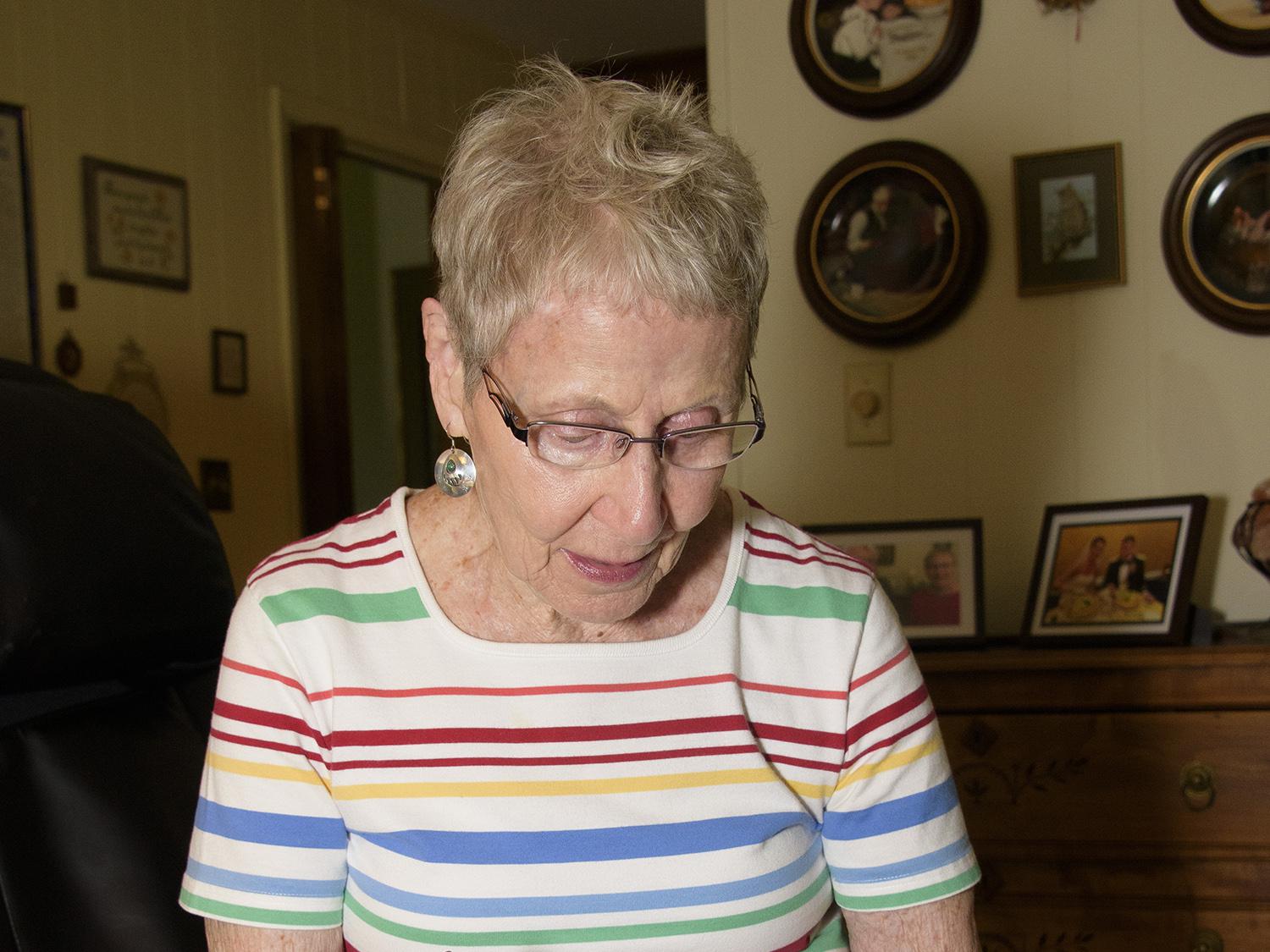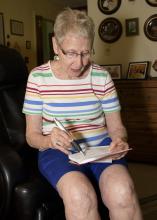Information Possibly Outdated
The information presented on this page was originally released on June 18, 2018. It may not be outdated, but please search our site for more current information. If you plan to quote or reference this information in a publication, please check with the Extension specialist or author before proceeding.
‘Airplane rule’ applies to selfless caregivers
STARKVILLE, Miss. -- Flight attendants instruct passengers to take care of themselves before helping others with oxygen masks for several good reasons that also apply to other caregivers and situations.
“Let’s face it; if you collapse or worse, you can’t help anyone,” said Alisha Hardman, family life specialist with the Mississippi State University Extension Service. “Most of us want to help loved ones first, but self-neglect is one of the least helpful and most detrimental actions caregivers can commit.”
Hardman said caregiving has physical and emotional components that can take a toll on the providers. An additional layer of family and friends monitoring the caregivers is important.
“Watch for significant changes in personalities, struggles with anxiety or depression, unhealthy coping mechanisms such as poor eating habits, increased use of alcohol, drugs or nicotine or anything that suggests the caregiver is overwhelmed,” she said. “Family and friends should help stressed caregivers take breaks, exercise, attend to their diets and get enough sleep or rest.”
MSU Extension health specialist David Buys said when people are in high-stress situations such as serving as a caregiver, it is often easier to just grab the quickest food and not focus on healthy meals.
“Stressful times are when people need to be more focused on healthy diets,” Buys said. “The food we eat can affect our energy and focus, both of which we need for serving as a caregiver.”
Buys said to ensure healthy diets in times of stress, make a meal plan, even if it is very simple or involves picking up fast food.
“Yes, fast food can still be healthy if consumers make good choices such as salads or wraps with water. It takes a conscious effort,” he said. “As the saying goes, we don’t plan to fail, we just often fail to plan. We need to comprehensively, proactively plan for self-care all the time, and especially when we are serving as a caregiver.”
Hardman said women are most often caregivers. The caregiving activities often follow stereotypical gender roles.
“Women tend to help with daily activities such as bathing, feeding and dressing, and men often take on aspects such as managing finances, and maintaining the house and yard,” she said.
Eventually, most caregivers may face difficult decisions as the care needs increase.
“The caregiver burden is real. There is an emotional component as well as physical issues,” she said. “There may come a point when caregivers need to turn to people or places with more experience or resources to ensure everyone’s needs are met in the best ways.”
Hardman said support networks and groups can help caregivers make critical decisions.
“Sometimes, asking for help is the hardest thing a caregiver does,” she said. “Still, they need to reach out to medical professionals, counselors and others for guidance. It will be in everyone’s best interest.”




